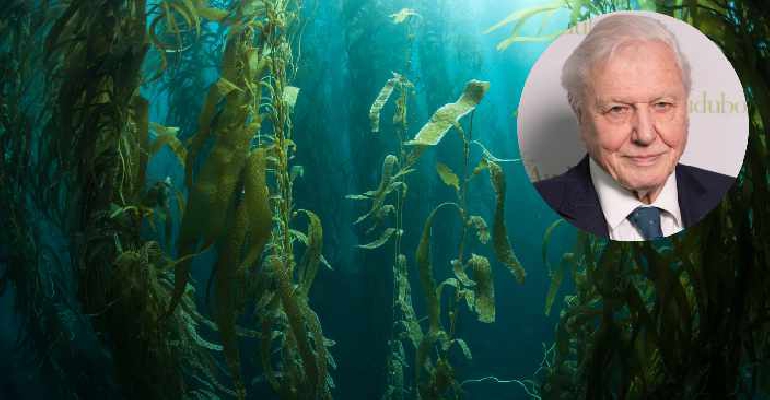
More than 300 square kilometres of seabed off the Sussex coast has been protected from trawlers, thanks to a campaign supported by Sir David Attenborough.
The Near Shore Trawling Byelaw excludes trawling from 304 square kilometres of seabed from around Newhaven to Chichester Harbour.
It was formally announced by the Department for Environment, Food and Rural Affairs (Defra) on Monday (March 22).
The news comes after the byelaw was first agreed by the Sussex Inshore Fisheries and Conservation Authority (Sussex IFCA) on January 23 2020, following a period of public consultation.
Sir David Attenborough lent his support in the early stages of the process when he voiced the Help Our Kelp campaign film, produced by Big Wave Productions, showcasing the wealth of wildlife to be found in this diverse habitat.
The campaign was supported by numerous MPs, who demonstrated their support to the Secretary of State for the Environment, the Rt Hon George Eustice. A large number of Sussex constituents and Help Our Kelp supporters wrote to their MPs urging them to support the initiative.
Henri Brocklebank, Chair of the Help Our Kelp partnership and Director of Conservation at Sussex Wildlife Trust, said:
“The support of Sussex communities and our elected representatives has been inspirational. It shows us the passion that exists for restoring our marine ecosystems and recognising the value that they give to all of us, from food to the protection of our coastline.
"Numerous marine stakeholders, from local businesses to international environmental charities have directly contacted Defra and the Secretary of State. The rewilding of the Sussex kelp forests has galvanised local and national campaigners.”
Charles Clover, Executive Director of Blue Marine Foundation, said:
“We welcome the signing of the Sussex byelaw as it is a recognition by government that rewilding the sea is a way to protect marine biodiversity, invest in inshore fisheries and store carbon, at a single stroke. We believe the Sussex kelp forest will now show the benefits of removing damaging fishing gears from vast areas around the UK coastline and offshore.”
Kelp once stretched along 40 kilometres of the West Sussex coastline from Selsey to Shoreham, forming an underwater forest that extended at least four kilometres out to sea. It provided a vital habitat, nursery and feeding ground for seahorses, cuttlefish, lobster, sea bream and bass. Kelp has the potential to lock up huge quantities of carbon, aiding in the fight against climate change, while improving water quality and reducing coastal erosion by absorbing the power of ocean waves.
However, within living memory, kelp in Sussex waters has diminished to almost nothing. Storm damage, trawling and the dumping of sediment spoils by dredging boats have taken their toll on this sensitive habitat. The wildlife associated with it has all but disappeared, and the vital ecosystem services it provided have been lost.
Although a number of factors could have been affecting the regrowth of the kelp forests, fishing with bottom-towed gear is a manageable factor. The implementation of the Near Shore Trawling Byelaw has now alleviated this pressure from the area where kelp grows, giving it a chance to recover.
Alice Tebb, Agents of Change Coordinator at the Marine Conservation Society said:
"There are local fishermen who remember the West Sussex kelp forest being so dense, they would have to row their boats out from the beach before starting their engines to go fishing for the day. The loss of the kelp has left our local sea in poor health; the passing of this byelaw will go a long way to help return it to a healthier state so that it can continue to provide us with jobs, food and oxygen for years to come!"
Dr Ian Hendy, Science Lead of the Help our Kelp campaign and lecturer on Marine Ecosystems at the University of Portsmouth, said:
“Scientists and volunteer divers have been collecting important baseline data on the remaining small pockets of Sussex Kelp, so we can now begin to measure the much-needed positive change that this new bylaw enables.”
Sarah Cunliffe, Managing Director of Big Wave Productions said:
“We now really do have an opportunity to restore the Sussex kelp forests to their former glory. The implications for the rest of the UK are immense.”
This is a long awaited and thrilling milestone for Sussex seas and one that we will work tirelessly to follow as the habitats develop and wildlife thrives.


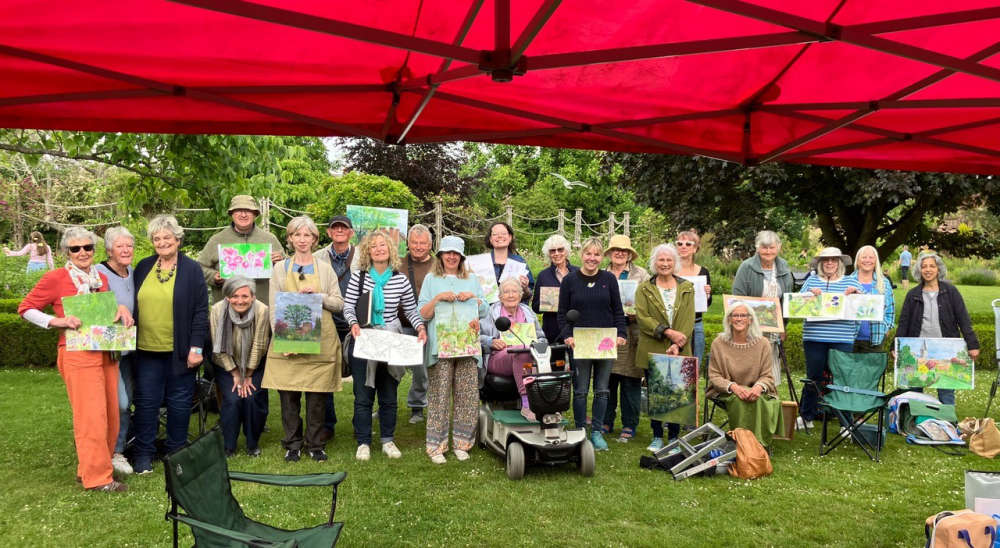 Free Open-Air Painting Exhibition Coming To Chichester
Free Open-Air Painting Exhibition Coming To Chichester
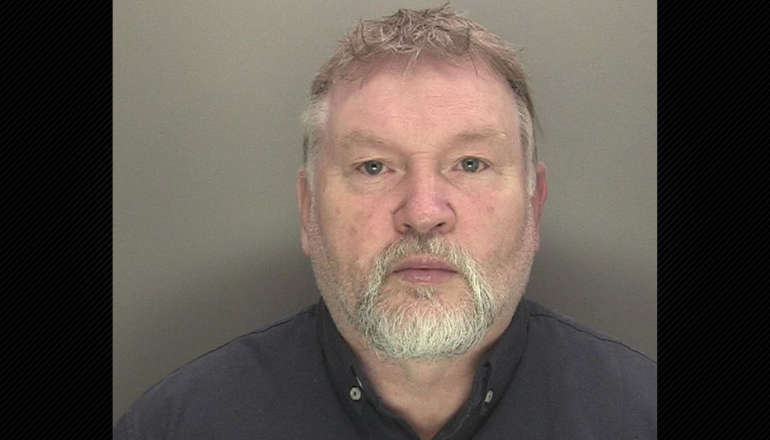 Man Jailed For Rape And Sexual Abuse Of Young Girl In Crowborough
Man Jailed For Rape And Sexual Abuse Of Young Girl In Crowborough
 Man Sentenced For Assault Of Ambulance Worker
Man Sentenced For Assault Of Ambulance Worker
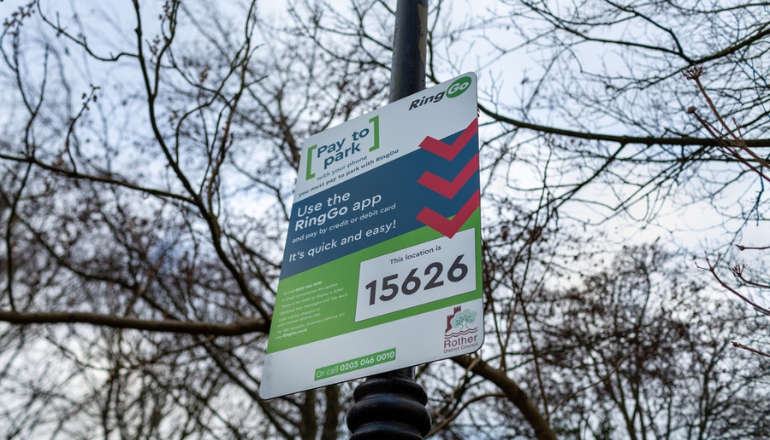 Council Leaders Drop New Car Park Fee Plans
Council Leaders Drop New Car Park Fee Plans
 More West Sussex Schools And Other Buildings To Benefit From Solar Power
More West Sussex Schools And Other Buildings To Benefit From Solar Power
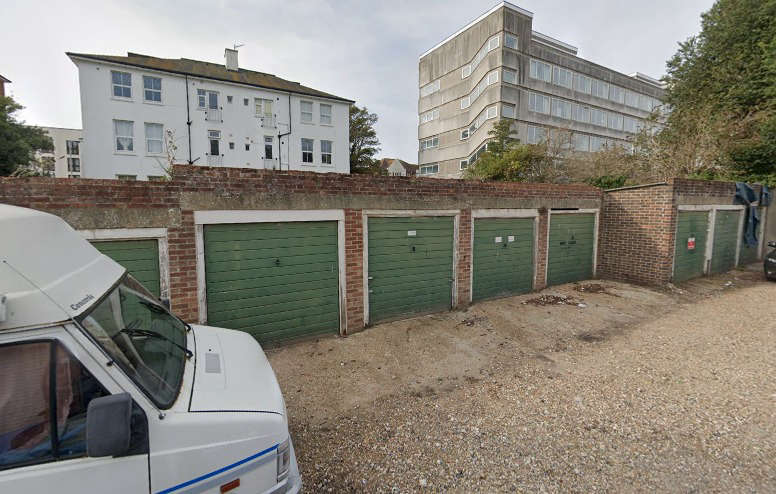 Alternative Proposals Put Forward For Eastbourne Homes
Alternative Proposals Put Forward For Eastbourne Homes
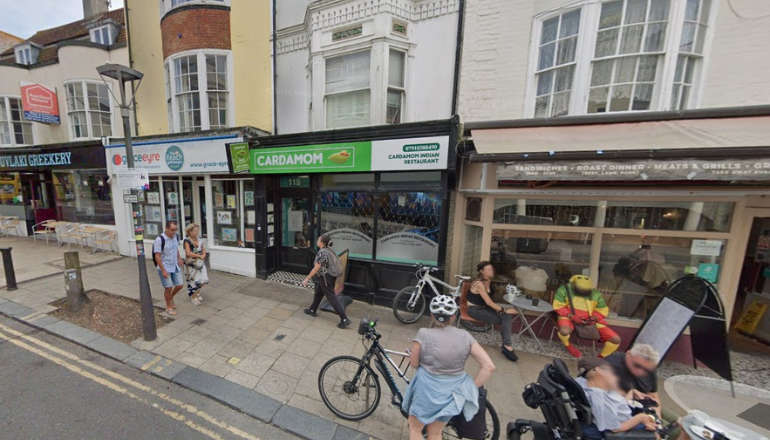 Licensing Chiefs Lose Confidence In Restaurant Owner
Licensing Chiefs Lose Confidence In Restaurant Owner
 Man Pleads Guilty To Kidnapping Woman In Hove
Man Pleads Guilty To Kidnapping Woman In Hove
 Appeal After Man Robbed At Park In Newick
Appeal After Man Robbed At Park In Newick
 Man Pleads Guilty To Eastbourne Theatre Burglary
Man Pleads Guilty To Eastbourne Theatre Burglary